The Foundation
The EUscreen Foundation (Stichting EUscreen) was founded under Dutch law on 30 August 2013 in Utrecht, the Netherlands. The Foundation was set up to ensure the long-term sustainability of the network and its goals. The activities of EUscreen draw on the expertise of a wide network of audiovisual archives, academic, and technical partners.
The Foundation is responsible for governing the EUscreen network. It is organised around five core activities:
- 1. Maintaining and further developing the online platform to make digitised audiovisual content more accessible and searchable
- 2. Curating, contextualising, and promoting digitised audiovisual content as a trusted aggregator for Europeana and through other pathways
- 3. Publishing the open access VIEW Journal of European Television History and Culture
- 4. Maintaining, engaging, and growing a network of partners that contribute to the mission of the Foundation
- 5. Creating collaborations aimed at benefiting the network members by increasing archival collections’ visibility, allowing their research and use, and exploring relevant technologies
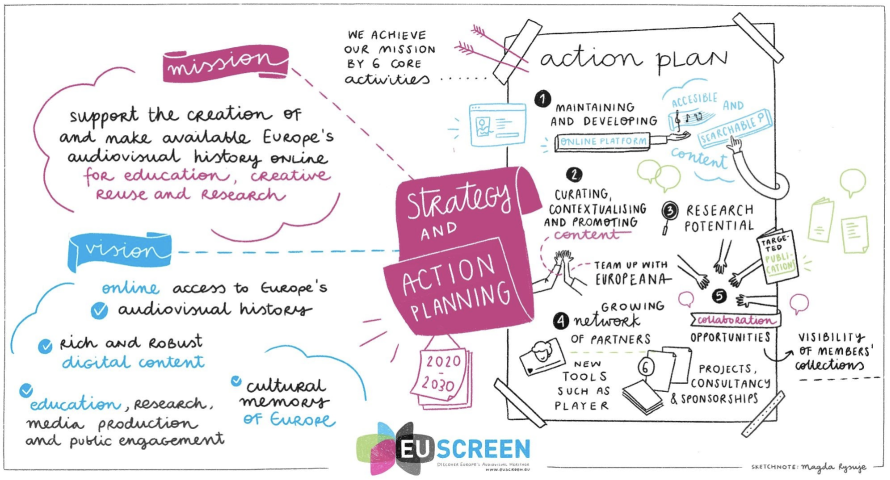
The Foundation structure
The EUscreen network has elected a Board of five representatives to act on their behalf. They are jointly responsible for managing the Foundation. A Participants’ Council Chair has been appointed at the same time to act as a liaison between the network (officially structured as a Participant’s Council) and the Board. Among its major responsibilities, the Board.
→ is responsible for defining and implementing the multi-annual strategy based on the interests of the members;
→ works on future beneficial project proposals for the EUscreen community, in-line with the multi-annual strategy and an action plan;
→ maintains the active and connected network.
The EUscreen Foundation network members are referred to as “Participants” and their profile is linked to financial contributions. Members are either:
→ Full Members (non-contributing)
→ Associate Members (contributing with an annual fee)
Please note that participation in the Foundation is for institutional members only.
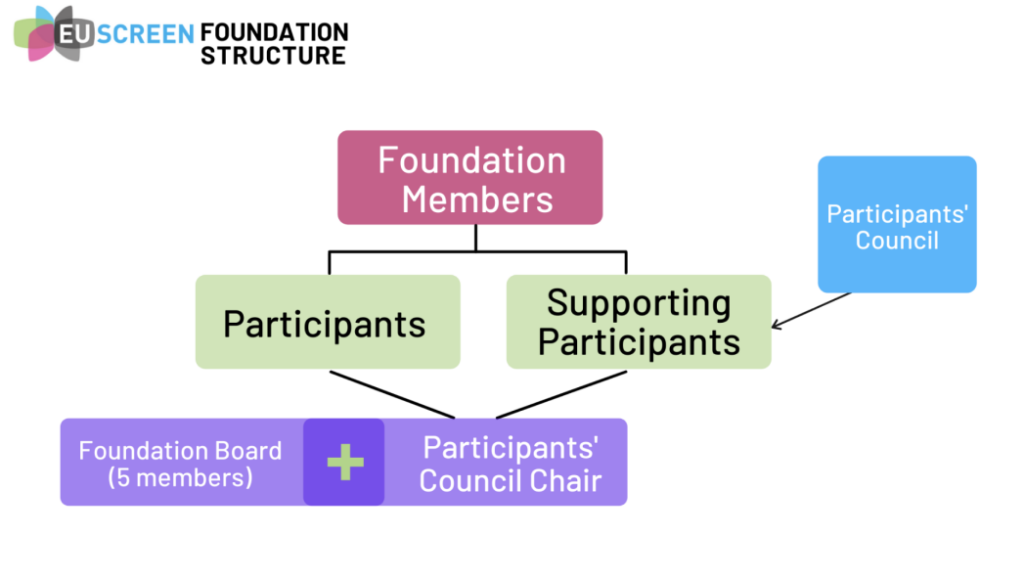
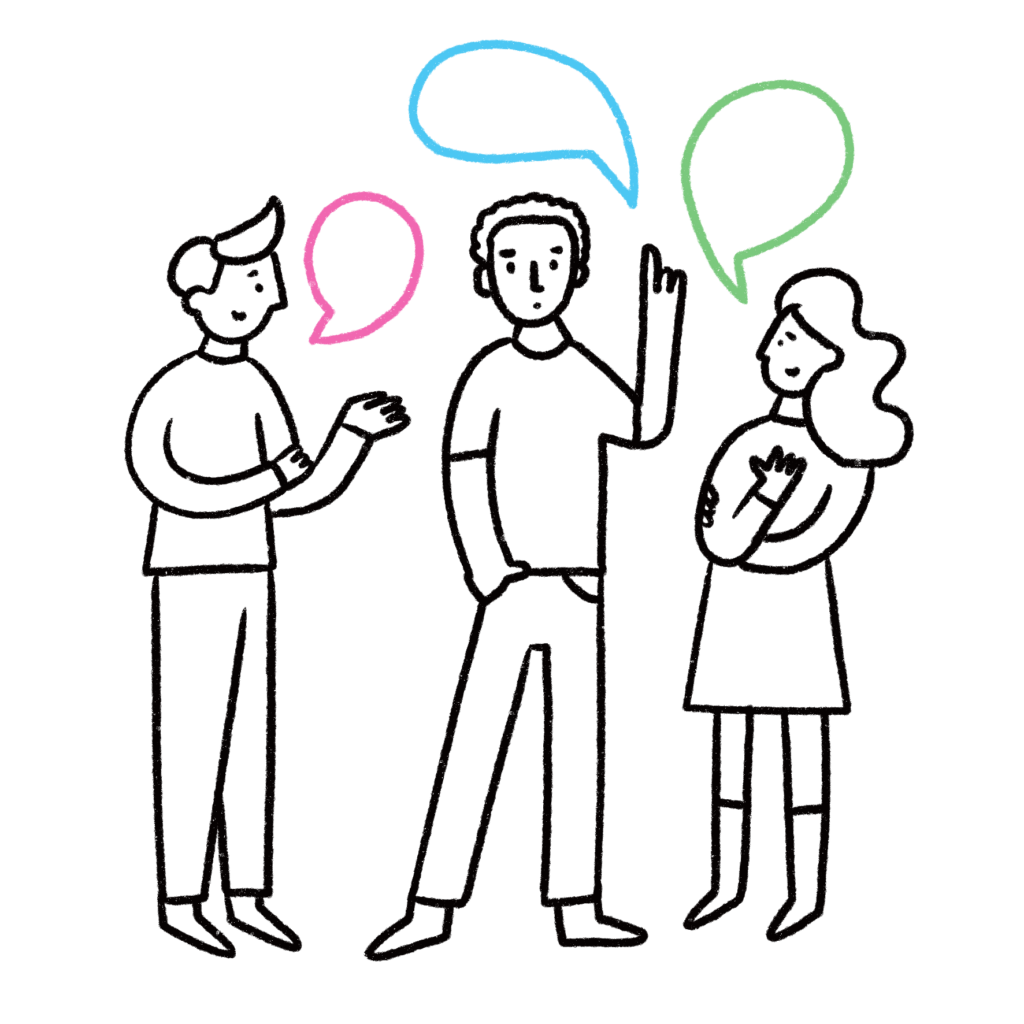
The Foundation network
The EUscreen network consists of a wide variety of members: broadcast archives, heritage institutions with audiovisual collections, technical service providers, and academics of various disciplines. EUscreen aims to grow its membership by identifying, approaching, and welcoming;
- 1. organisations holding audiovisual media collections that pertain to Europe’s television and media history;
- 2. research bodies that explore the nature and impact of media on European histories and societies;
- 3. networks that have an at least partial scope in-line with that of the EUscreen Foundation.
The Foundation Board
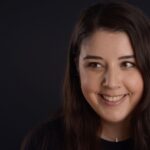
Laura Schotte
Position: Chair of the Participants’ Council
Institution: Netherlands Institute for Sound & Vision 🇳🇱
Job title: Research Communications Specialist
Laura is a Research Communications Specialist at the Netherlands Institute for Sound & Vision. With a Master’s degree in Intercultural Communication from Utrecht University and extensive working experience in the field of communication ranging from the audiovisual sector, to the private sector, to the Dutch government, Laura believes in facilitating an open flow of communication between participants, representing varying interests fairly, and ensuring that the network is a dynamic one. Laura has worked on numerous national and international projects such as MediaNumeric, CRAFTED, and Podiumkunst.net.

Marco Rendina
Position: Foundation Board Member
Institution: Istituto Luce – Cinecittà 🇮🇹
Job title: International Projects Coordinator
Marco is a Senior Project manager and IT specialist. Since 1996 he’s been collaborating with LUCE, where he was in charge of the development and realisation of various digitisation and applied research projects. He has also led the participation of Luce in several EU co-funded projects like Video Active, EFG, EUscreen, EUscreenXL, and Europeana Media. Marco is a member of the Italian Organisation for Standardisation Working Group on Cinematographic Works (UNI GL6) and deputy member for Italy of the European Committee for Standardization – Technical Committee (CEN/TC 372) on Cinematographic Works.
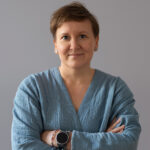
Maria (Maja) Drabczyk
Position: Foundation Board Member
Institution: Centrum Cyfrowe 🇵🇱
Job title: Chair of the Board, Head of Policy and Advocacy
Maja currently works at Centrum Cyfrowe as head of policy and advocacy. She previously worked as a project manager at the National Film Archive – Audiovisual Institute. Her activities focus on supporting access and creative re-use of digital collections for research, educational, and artistic purposes. She is a Chair of the FIAT/IFTA Value, Use and Copyright Commission (until October 2023), Board Member of the EUscreen Foundation, and member of the Europeana Association Members Council. Maja holds an MA in sociology and she also completed postgraduate studies in cultural diplomacy.
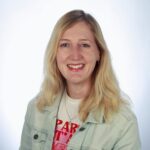
Berber Hagedoorn
Position: Foundation Board Member
Institution: Research Centre For Media And Journalism Studies, University Of Groningen 🇳🇱
Job title: Assistant Professor Media Studies
Berber Hagedoorn’s research interests revolve around audiovisual culture, creative reuse and storytelling across platforms and screens. Hagedoorn is the Vice-Chair of ECREA’s Television Studies section and organises cooperation for European research and education into television’s history and its future as a multi-platform storytelling practice. She has extensive experience through large-scale best practice projects on digital audiovisual heritage and cultural memory representation, including Europeana (receiving a Europeana Research Grant award for digital humanities research into Europe’s cultural heritage), VideoActive, EUscreen, EUscreenXL and CLARIAH.
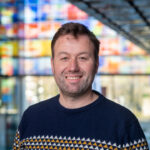
Johan Oomen
Position: Foundation Board Member
Institution: Netherlands Institute for Sound & Vision 🇳🇱
Job title: Head of Research
Johan Oomen is Head of Research and Heritage Services at the Netherlands Institute for Sound & Vision and researcher at the User-Centric Data Science group of the VU University Amsterdam. Johan is working on initiatives that focus on providing access to digital heritage. Next to projects at Sound & Vision, he is working on international collaborative projects such as Time Machine, Europeana XX, CLARIAH, ReTV. He has a background in Information Science, Media Studies, and Computer Science. His research focuses on the relationship between participatory culture and institutional policy. Johan has worked for the British Universities Film and Video Council and commercial broadcaster RTL Nederlands. He is a Board Member of the Europeana Foundation, the EUscreen Foundation and the PublicSpaces Foundation. He is advisor to the Amsterdam Fund for the Arts and the Dutch National Research Council for Cultural Heritage and co-chair of The Netherlands Heritage Network.

Bartolomeo Melleti
Position: Foundation Board Member
Institution: Learning on Screen 🇬🇧
Job title: Education and Research Executive
Bart is the Education and Research Executive at Learning on Screen, a UK charity and membership organisation specialised in the use of moving image and sound in education and research. Bart also works as Creative Director for CREATe, the UK Copyright and Creative Economy Centre at the University of Glasgow. In this capacity, he developed CopyrightUser.org (UK) and CopyrightUser.EU (EU), two independent online platforms intended to make UK and EU copyright laws accessible to everyone. He is also a member of the Europeana Copyright Steering Group and of LACA, the UK Libraries and Archives Copyright Alliance. Overall, Bart’s work focuses on enabling ‘copyright users’ such as creators and cultural heritage institutions to make informed decisions on copyright issues, with a view to encouraging the lawful reuse of existing materials.


